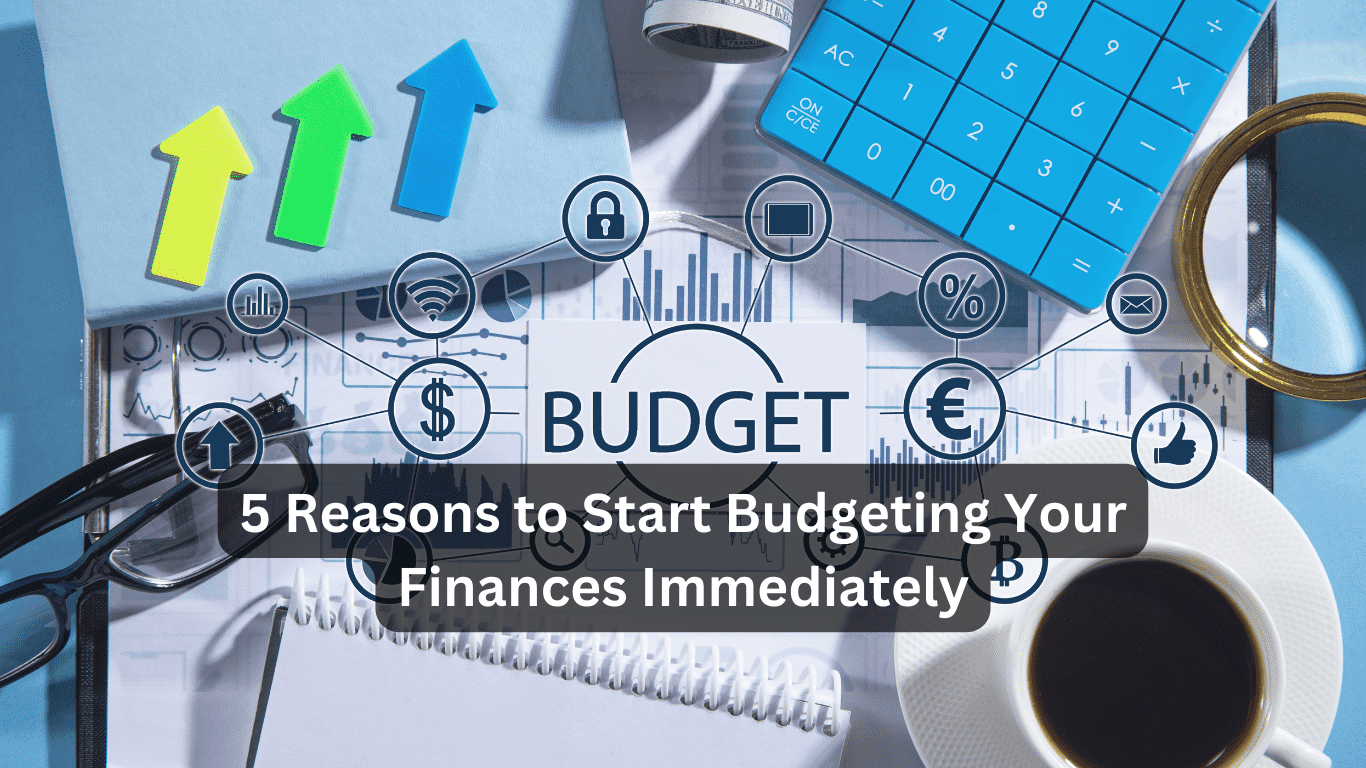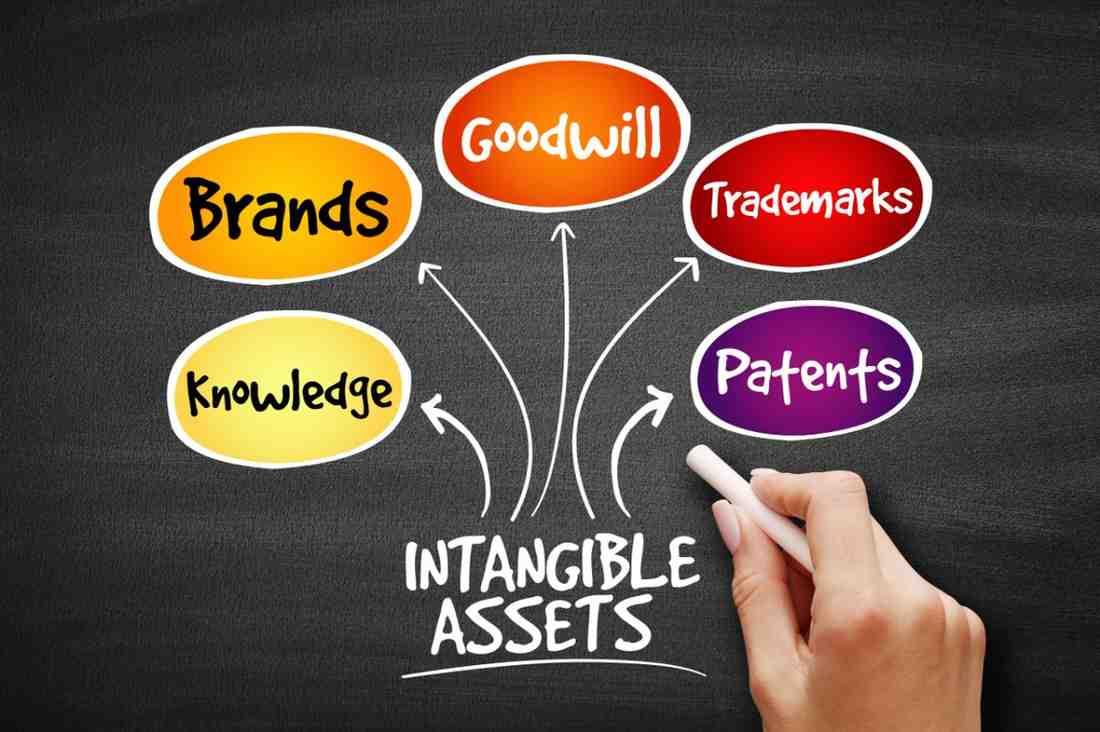Budgeting helps you control your spending, save for the future, and ensure you can meet your financial goals, whether they include investing, purchasing real estate, or simply living debt-free.

1. Gain Control Over Your Finances
Budgeting is the cornerstone of financial management. It provides a comprehensive view of your income and expenses, empowering you to make well-informed financial decisions. Without a budget, it’s easy to overspend and find yourself living paycheck to paycheck. By tracking your income and expenses, you can identify areas where you can cut back and allocate those savings toward more important goals.
Track Your Spending: Knowing where your money goes each month is the first step to gaining financial control. Divide your expenses into categories such as groceries, utilities, entertainment, and rent or mortgage.
Set Financial Goals: Whether it’s building an emergency fund, saving for a down payment on a property, or planning for retirement, having a budget helps you allocate funds towards these goals systematically.
Avoid Debt: Budgeting helps you avoid unnecessary debt by ensuring you live within your means. It prevents impulse purchases and encourages you to think twice before taking on new financial obligations.
2. Increase Your Savings
One of the primary benefits of budgeting is the ability to save more money. By identifying and eliminating unnecessary expenses, you can increase your savings rate. This is particularly important if you’re looking to invest in real estate or other investment opportunities.
Emergency Fund: A solid budget ensures you have an emergency fund in place. This fund provides a financial cushion for unexpected costs like medical bills or car repairs.
Investment Opportunities: With a budget, you can identify surplus funds that can be directed towards investments. This could include stocks, bonds, or even investment properties.
Retirement Savings: Regular contributions to your retirement account can be factored into your budget, ensuring you are preparing for a financially secure future.
3. Reduce Financial Stress
The strain of financial worries can impact your overall well-being. Worrying about bills, debt, and financial security can lead to anxiety and stress. Budgeting provides a sense of control and peace of mind, knowing that your finances are in order.
Predictable Expenses: Budgeting helps you plan for predictable expenses like rent, utilities, and groceries, reducing the likelihood of financial surprises.
Debt Repayment Plan: By incorporating debt repayment into your budget, you can systematically pay off debts, reducing financial stress and improving your credit score.
Financial Security: Knowing that you have a plan in place to manage your finances, save for the future, and handle unexpected expenses provides a sense of security and reduces financial anxiety.
4. Improve Your Spending Habits
Budgeting prompts you to assess your spending habits and make essential adjustments, fostering more thoughtful expenditures and improved financial choices.
Identify Wasteful Spending: By reviewing your budget regularly, you can identify areas where you are overspending and make adjustments. This could mean cutting back on dining out, subscription services, or other non-essential expenses.
Prioritize Spending: A budget helps you prioritize your spending, ensuring that your money goes towards what’s most important to you, such as investments, real estate purchases, or savings goals.
Develop Good Financial Habits: Consistent budgeting helps you develop good financial habits, such as saving regularly, avoiding debt, and making informed spending decisions.
5. Achieve Financial Goals
Whether your goal is to buy a property, invest in the stock market, or save for a dream vacation, budgeting is the key to achieving these financial milestones. A well-structured budget helps you map out a plan to reach your financial goals.
Short-Term Goals: These could include saving for a vacation, purchasing a new gadget, or building an emergency fund. A budget helps you allocate funds towards these goals each month.
Long-Term Goals: Long-term goals might include buying a house, investing in a rental property, or building a retirement nest egg. Budgeting ensures you are consistently setting aside money to achieve these significant milestones.
Measurable Progress: By tracking your progress through a budget, you can see how close you are to achieving your financial goals, which can be incredibly motivating.
Conclusion
Mastering budgeting is a fundamental skill for everyone.It not only helps you manage your day-to-day expenses but also sets you up for long-term financial success. Whether your goals include investing, purchasing real estate, or simply achieving financial peace of mind, budgeting is the tool that will help you get there. Begin budgeting today and seize control of your financial future.
FAQs
Why is budgeting important for financial health?
Budgeting is crucial because it helps you manage your money, avoid debt, and save for the future. It provides a clear picture of your income and expenses, allowing you to make informed financial decisions.
How can I start budgeting if I've never done it before?
Start by monitoring your income and expenses for a month, categorizing your expenditures, and pinpointing areas where you can reduce costs.Use this information to create a budget that aligns with your financial goals.
Can budgeting help me save for big purchases like property or investments?
Yes, budgeting helps you allocate funds towards your savings goals, making it easier to save for big purchases like property or investments. By tracking your spending and prioritizing savings, you can reach these goals more quickly.
What tools can I use to make budgeting easier?
There are many tools available to help with budgeting, including apps like Mint, YNAB (You Need A Budget), and Personal Capital. These tools can help you track your spending, set goals, and monitor your progress.
How often should I review my budget?
It's a good idea to review your budget monthly to ensure you are staying on track. Regular reviews help you make adjustments as needed and stay aligned with your financial goals.
What should I do if I go over budget?
If you go over budget, review your expenses to identify why it happened. Look for areas where you can cut back in the future and adjust your budget accordingly. It's important to learn from these instances and make changes to prevent them from happening again.
By implementing a budget, you can gain control over your finances, increase your savings, reduce financial stress, improve your spending habits, and achieve your financial goals. Start today and pave the way for a secure financial future.


































.png)
-min.png)
-min.png)
-min.png)
-min.png)







.png)









